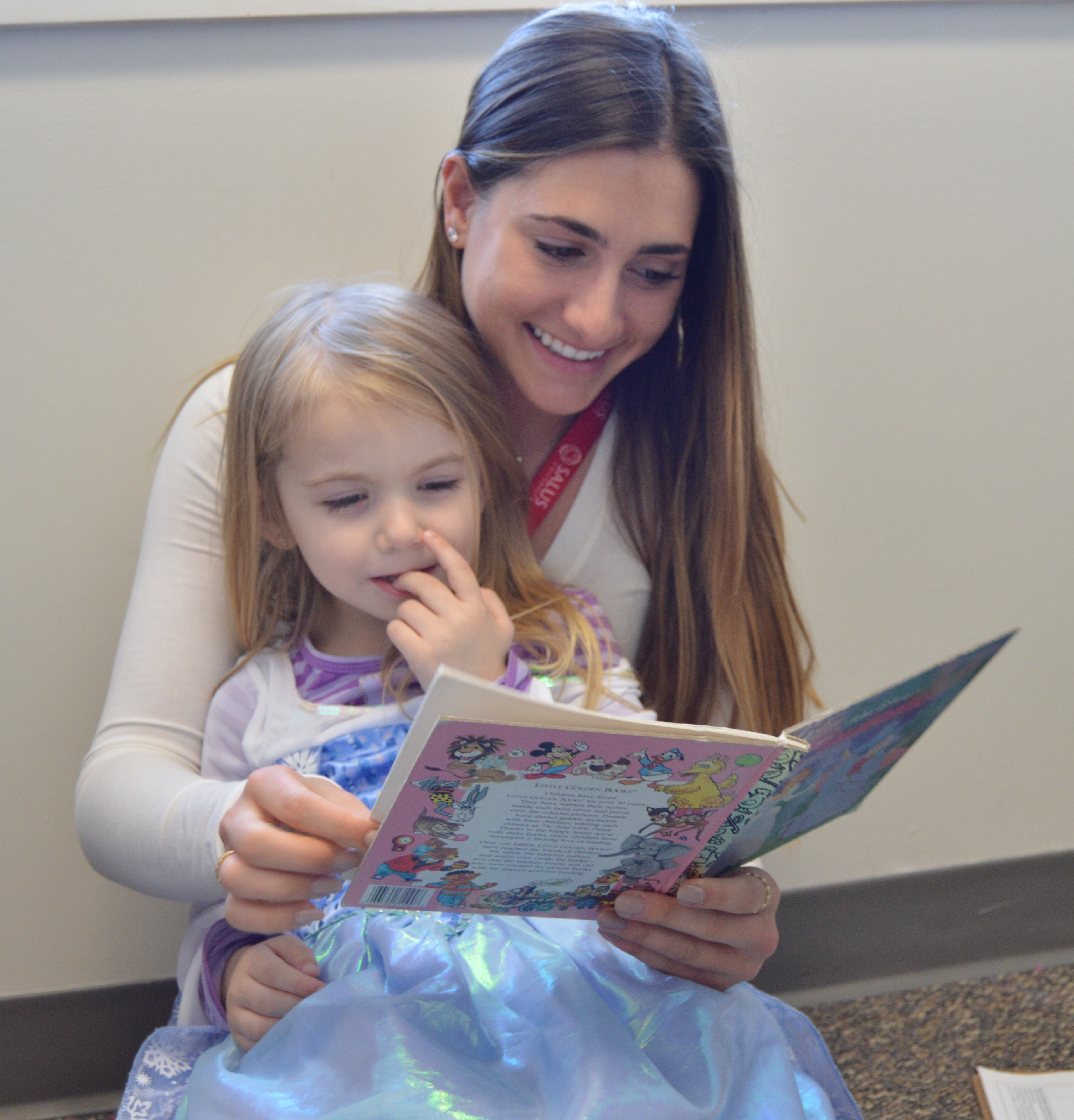Signs of Dyslexia in Children and Adults
 Dyslexia is a common language-based learning disability that impacts a person’s ability to read. The common misconception is that people with dyslexia simply “read backwards.” While people with the disability tend to mix-up the letters of words as they read, it can also impact a person’s writing, spelling and language skills.
Dyslexia is a common language-based learning disability that impacts a person’s ability to read. The common misconception is that people with dyslexia simply “read backwards.” While people with the disability tend to mix-up the letters of words as they read, it can also impact a person’s writing, spelling and language skills.
Dyslexia affects both children and adults and it can be inherited based on family history. According to the International Dyslexia Association, approximately 15-20 percent of people worldwide experience symptoms of the disability.
Signs of dyslexia can vary depending on a person’s age but common symptoms include:
Preschool-age children:
- Difficulty learning and remembering the letters in the alphabet
- Unable to recognize letters in his/her own name
- Mispronounces familiar words
Elementary-age children:
- Trouble learning the connection between letters and sounds
- Confuses small words such as "at" and "to," or "does" and "goes"
- Makes consistent reading and spelling errors
Middle school age children:
- Reads at a lower grade level than expected
- Reverses letter sequences such as "soiled" for "solid," "left" for "felt"
- Exhibits poor handwriting skills
High school age children:
- Continues to spell incorrectly or spell the same word differently on the same page
- Avoids tests that require reading and writing tasks
- Difficulty with vocabulary and recalling information after reading
Adults:
- Spells poorly or relies on others to spell for them
- Relies on memory rather than reading information
- Avoids writing or unable to write legibly at all
While these are common symptoms, formal testing is required to confirm a diagnosis. There is no cure for dyslexia but certified speech-language pathologists (SLPs) work together with parents, caregivers and educators to incorporate techniques that help people overcome difficulties associated with the disability.
Speech-language therapy aims to target the problem areas of reading and writing. People with dyslexia struggle with phonological skills and have trouble understanding the specific sounds to put together in order to form words. At the Speech-Language Institute (SLI), trained SLPs are equipped to assess a patient’s reading, language and writing skills, create an individualized treatment plan and incorporate specialized therapy sessions in order to improve overall reading and communication.
For more information on SLI’s services or to schedule an appointment, please call 215.780.3150.